When self-checkout counters became increasingly popular in supermarkets and department stores in the early 2000s, consumers thought they’d be in for multiple benefits, including shorter wait times and the freedom to bag their items.
Yet, fast-forward over a decade, and customers have a long list of complaints surrounding the systems. The most prominent appears to be frequent breakdowns, which result in lengthy wait times, especially during busy holiday seasons.
Customers Unhappy with Checkout Experience
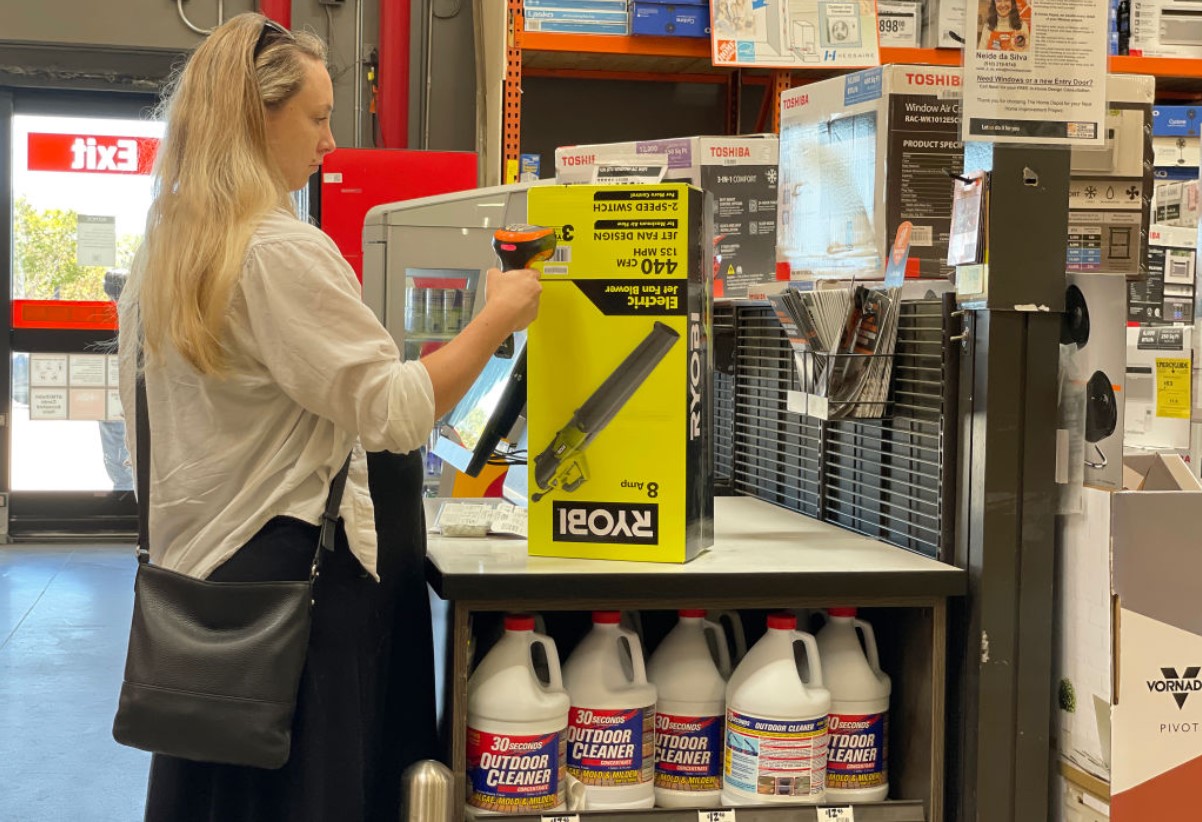
Supermarket shoppers have begun questioning why a once pleasant experience has become increasingly frustrating.
Speaking in an interview with Salmon Arm Observer, Cindy Whittington, a 66-year-old shopper from Fairfax, Virginia, said, “You’re paying more. You’re working harder to pay for merchandise at their store. And it’s become an ordeal to check out. I should get a 5% discount.”
Checkout Technology Causing Problems During Critical Holiday Period
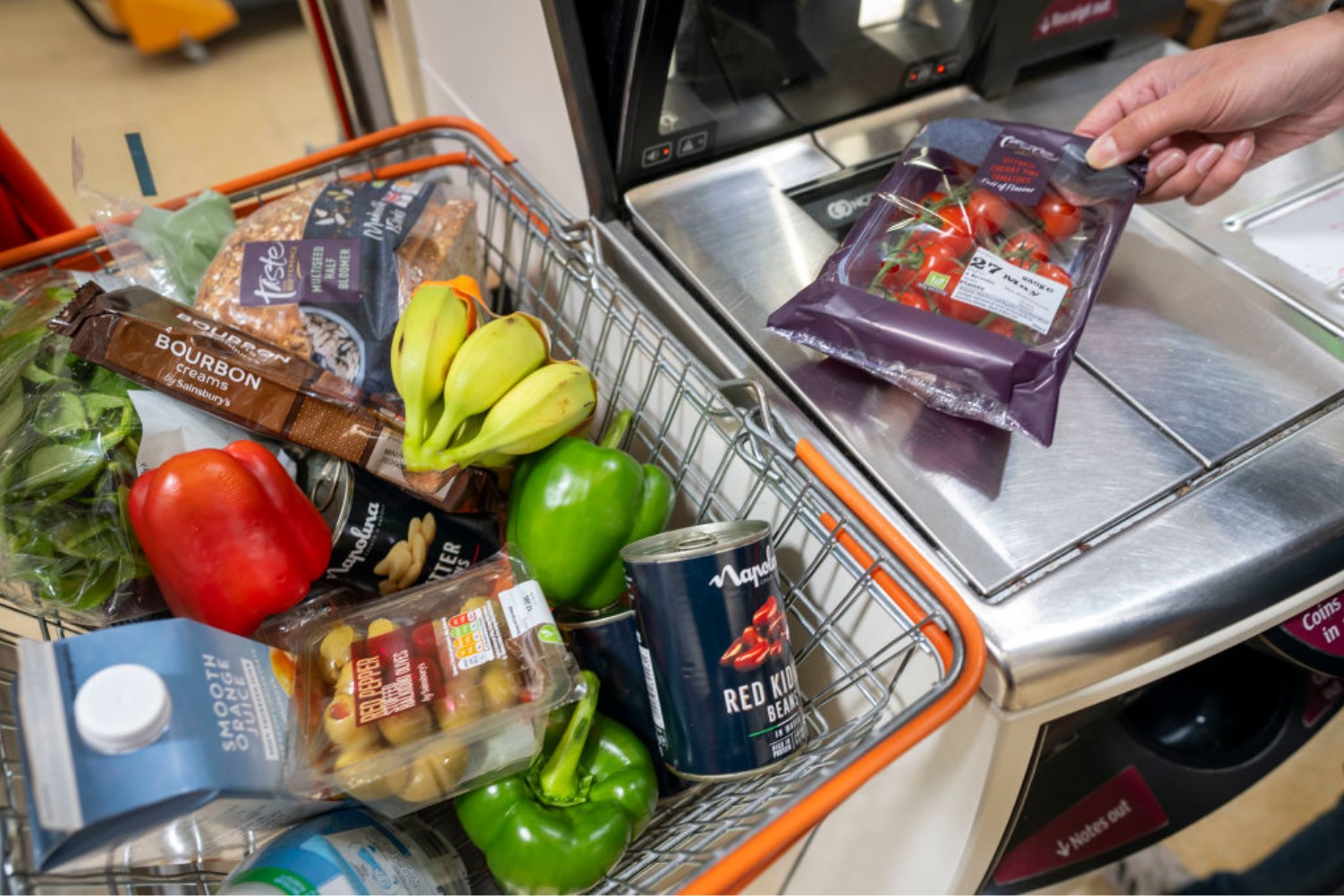
Self-checkout counters have become increasingly troublesome for both store employees and customers during periods such as the lead-up to the Christmas season.
The problems have forced retailers to add certain restrictions to the kiosks, including a limit on how many items can be purchased at once. Others have removed their self-checkout sections altogether.
Walmart Gets Rid of Self-Checkouts in New Mexico
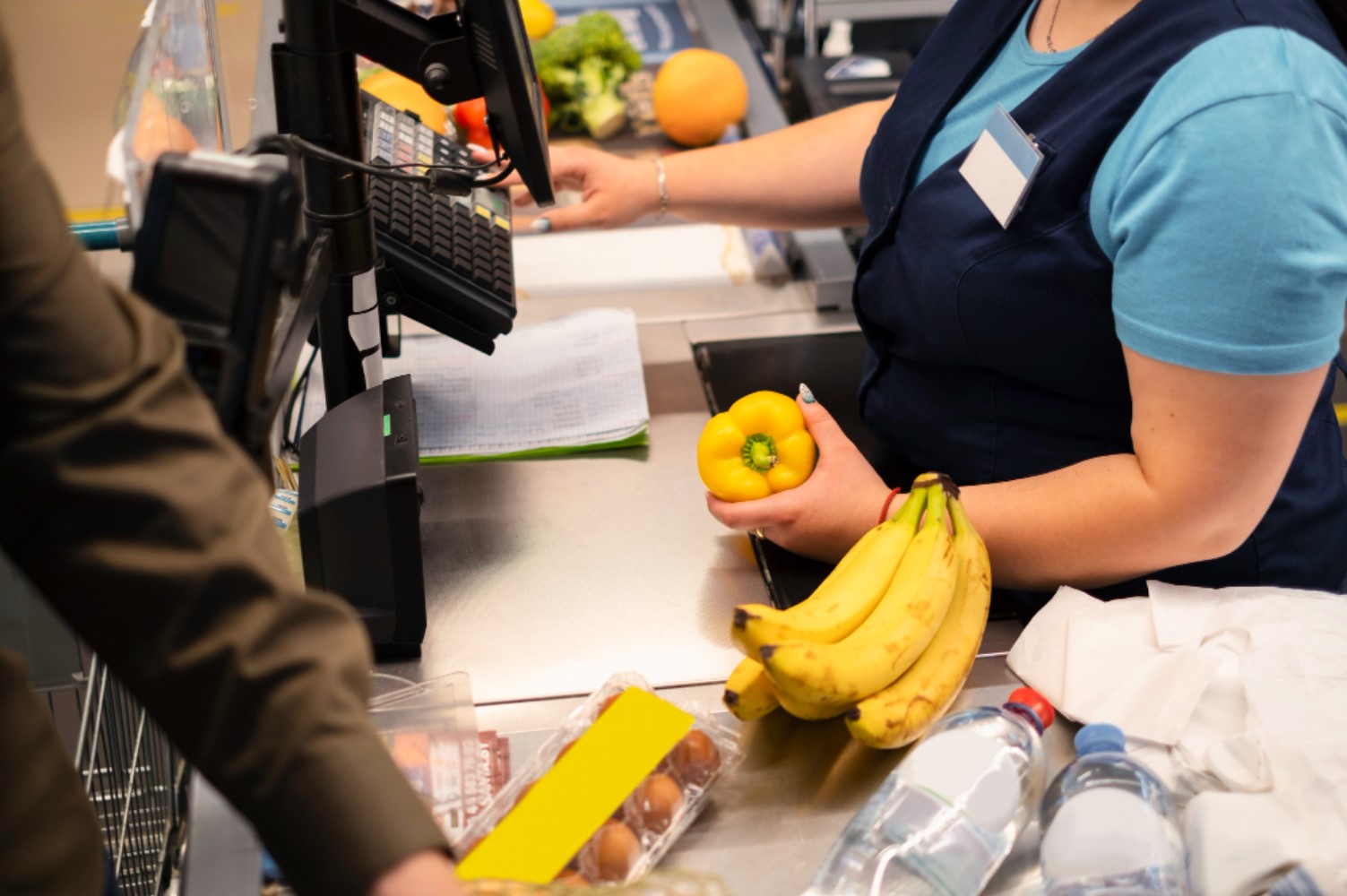
Over the past few months, Walmart stores in three locations across Albuquerque, New Mexico, have decided to remove self-checkout kiosks.
Yet, even with removing the counters at various stores, the retailer still plans to introduce plenty of self-checkout kiosks on other occasions.
Wegmans Blame Self-Checkout for Losses
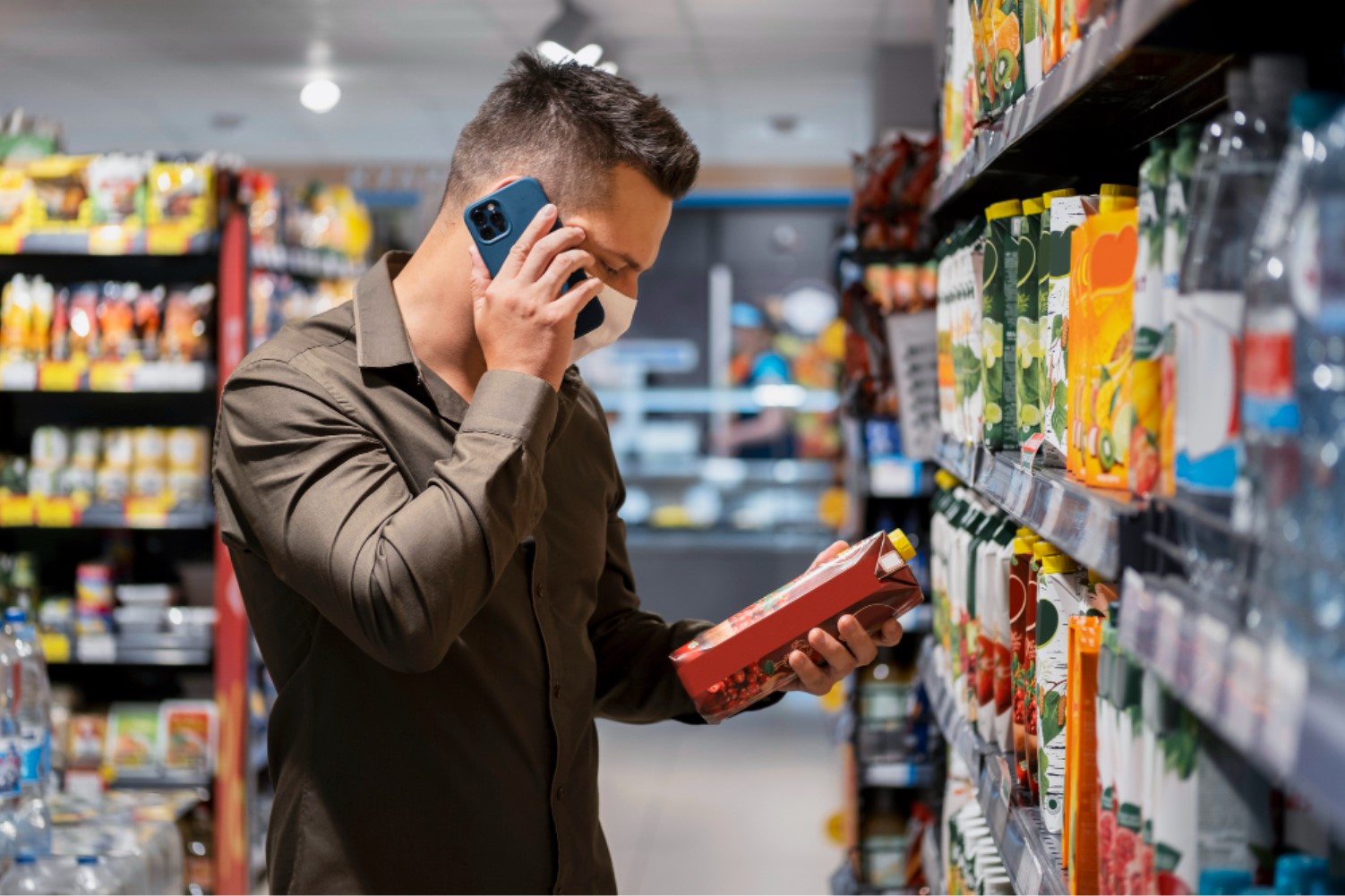
Popular American grocery market Wegmans, with over 110 stores across the states, claims self-checkout kiosks are to blame for recent losses in the companies profits.
Wegmans released an app allowing customers to scan their groceries as they shopped. But this has since been discontinued due to increased thievery among shoppers.
Decreasing Amount of Cashier Jobs
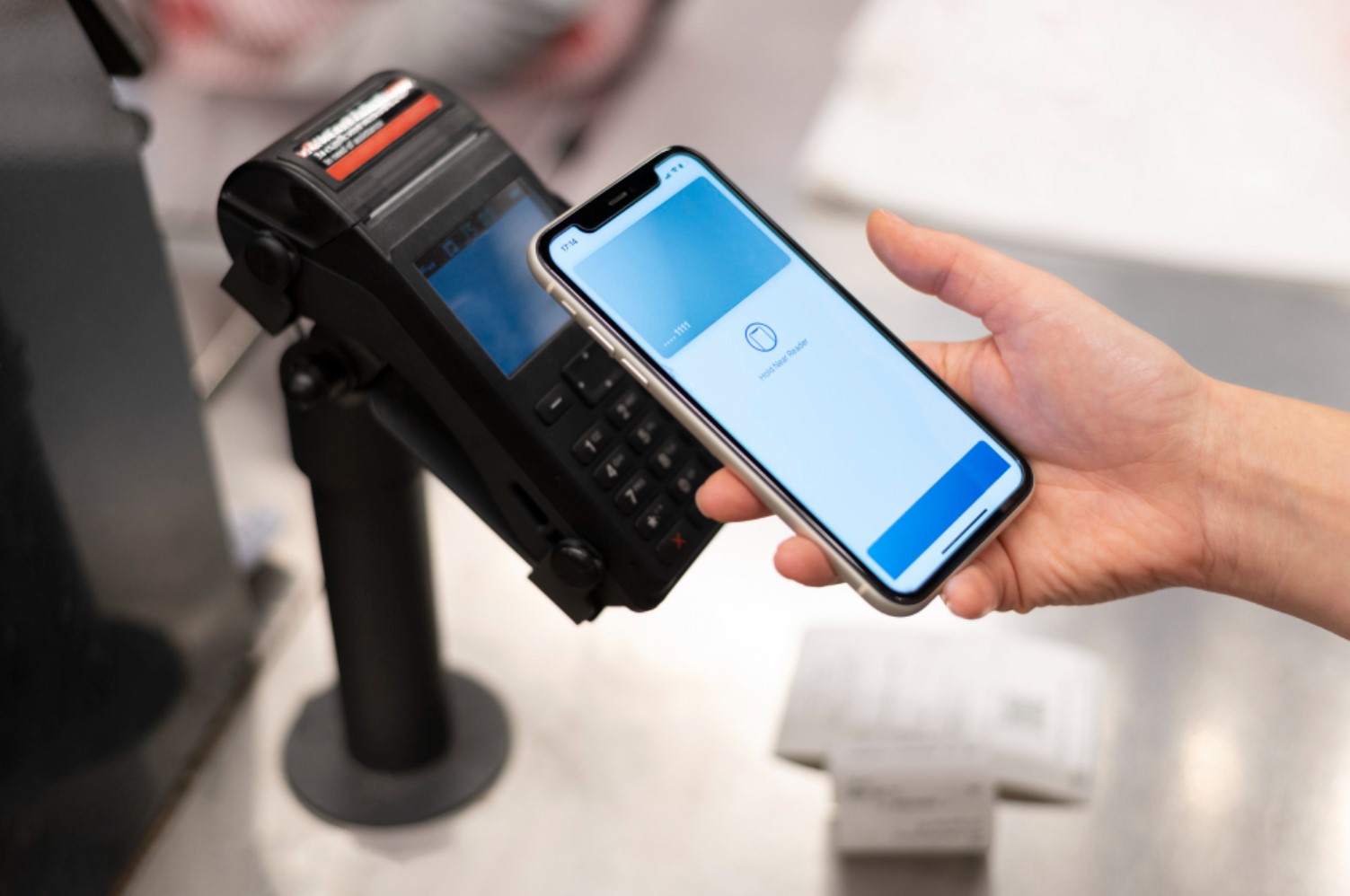
Cashier jobs have seen a steady decrease in recent years. The Bureau of Labor Statistics believes this is directly related to the technological advances that have allowed online sales and self-checkout kiosks to thrive.
According to the Labor Department data, approximately 1.2 million people work as cashiers. Yet, before the pandemic, there were around 1.4 million in 2019. BLS expects this to fall by at least another 10% over the next ten years.
50% of Customers Will Use Self-Checkout
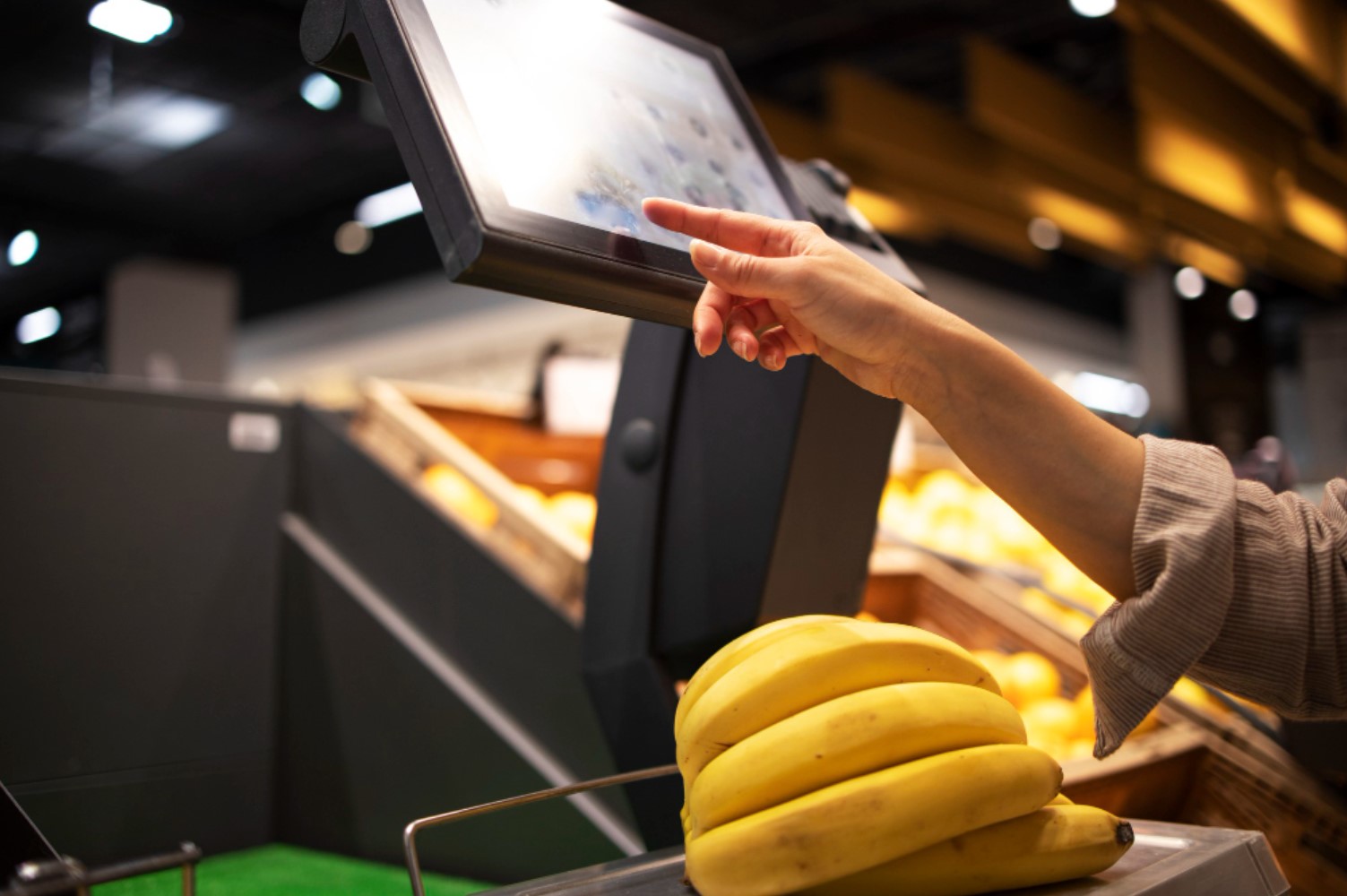
Stew Leonard Jr., CEO of the popular American supermarket Stew Leonards, which operates in New York, New Jersey, and Connecticut, said that 25% of his customers use self-checkout kiosks.
According to the CEO, he believes this number could rise to nearly 50% in the next decade.
Professor Believes Self-Checkouts Are the Future
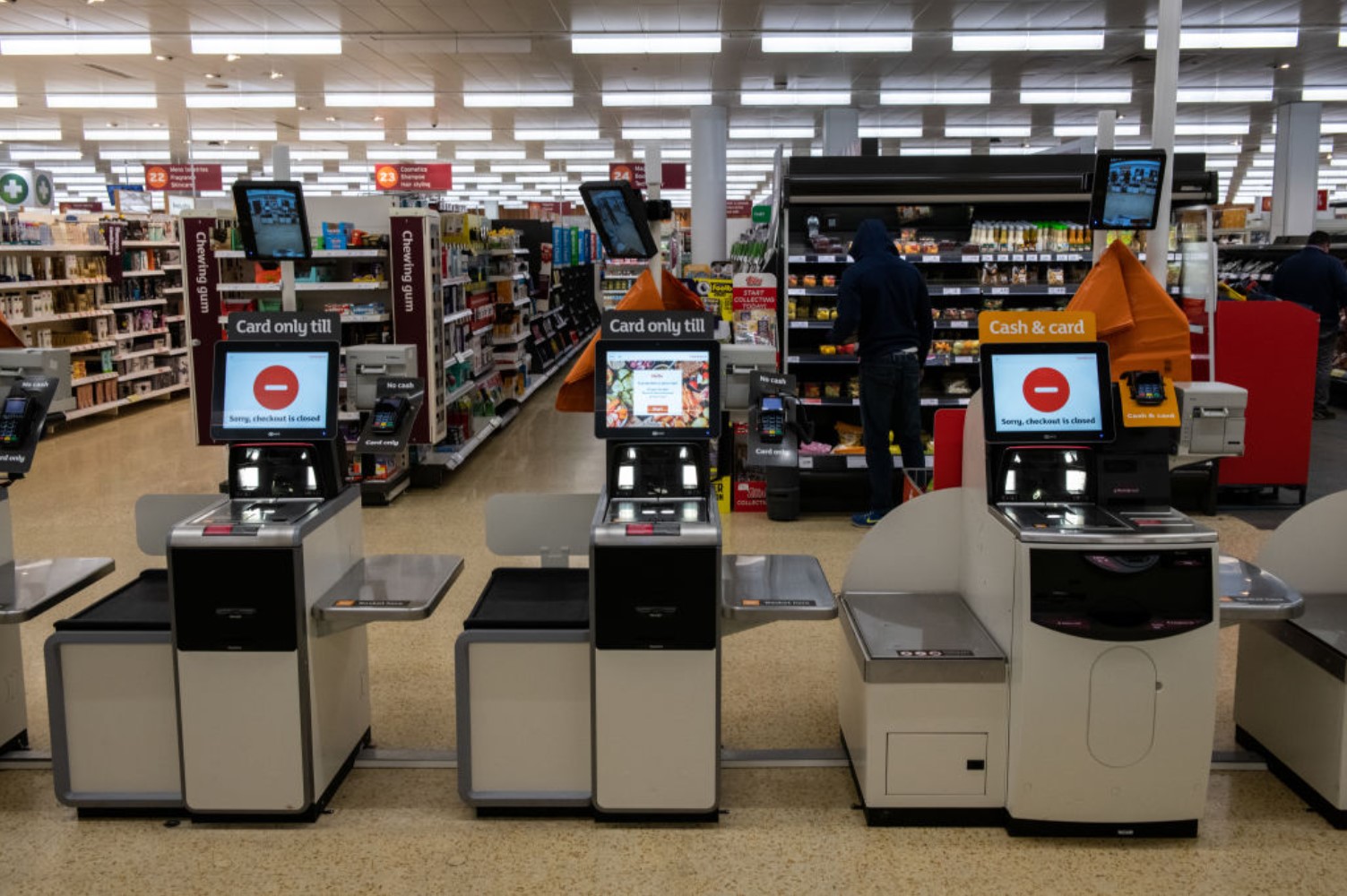
Christopher Andrews, an associate professor of sociology at Drew University, believes that customers are seeing the disadvantages of self-checkout technology. Yet, he believes retailers will continue to add more kiosks in the future.
“We are at an inflection point where if Americans are willing to do this and show an interest, then stores will probably expand it because they want to slash that labor cost,” said Andrews.
Theft Becoming a Persistent Problem

According to Andrews, theft is an ever-increasing problem regarding self-checkout kiosks. Unfortunately, it will be difficult to combat as it heavily relies on the consumer.
He argues that even honest shoppers may be tempted into “forgetting” to scan an item or simply typing in codes for products that are half the value of the one in their basket.
Footstores CEO Not Interested in Self Checkouts
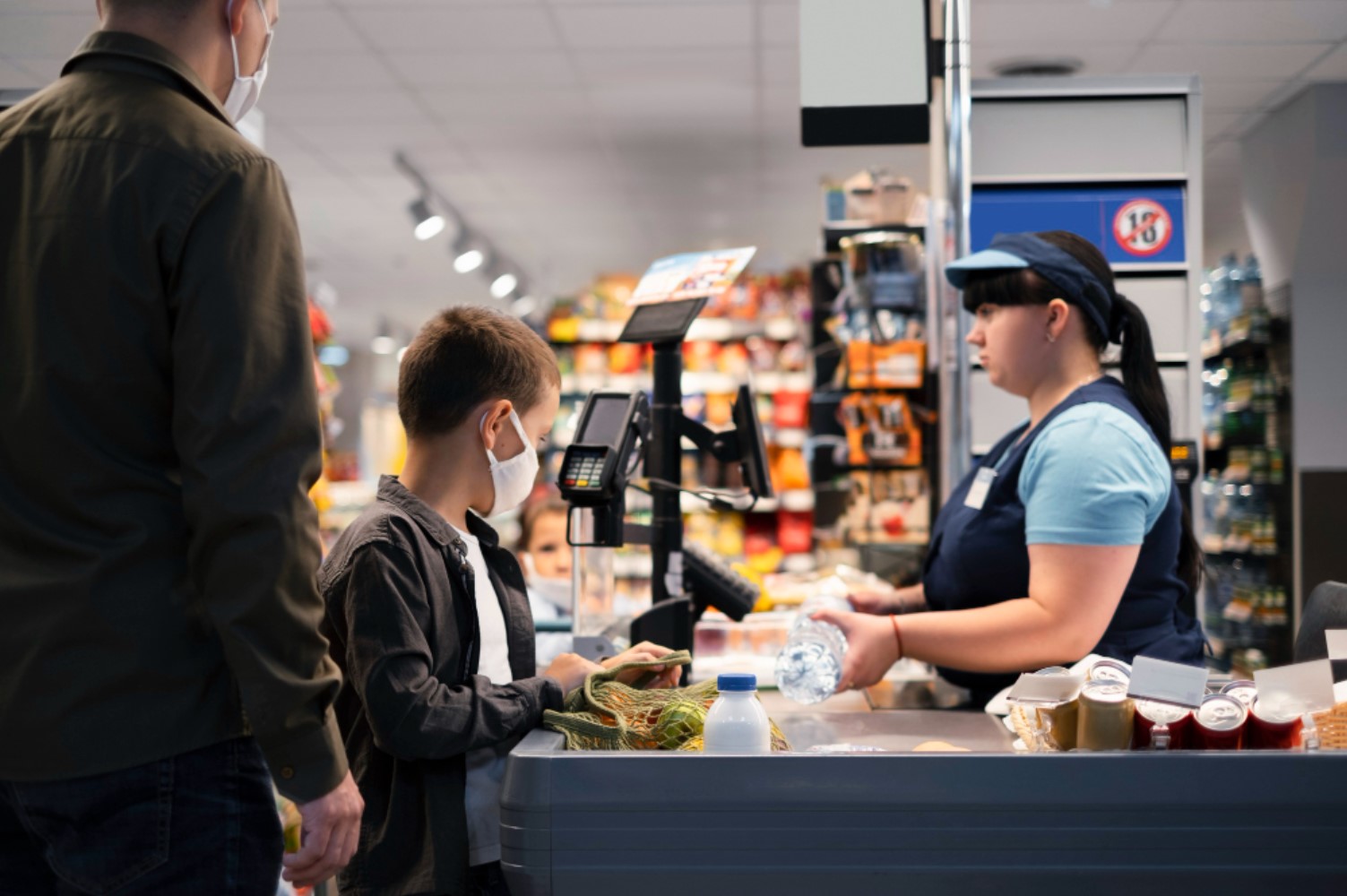
John Catsimatidis, CEO of Red Apple Group, the company behind popular New York City grocers D’Agostino’s and Gristedes, revealed during an interview that he isn’t the slightest bit interested in any kind of self-checkout because of theft.
“Anybody who does it might as well hit your head over with a pipe,” he said.
British Supermarket Removes Self-Checkout
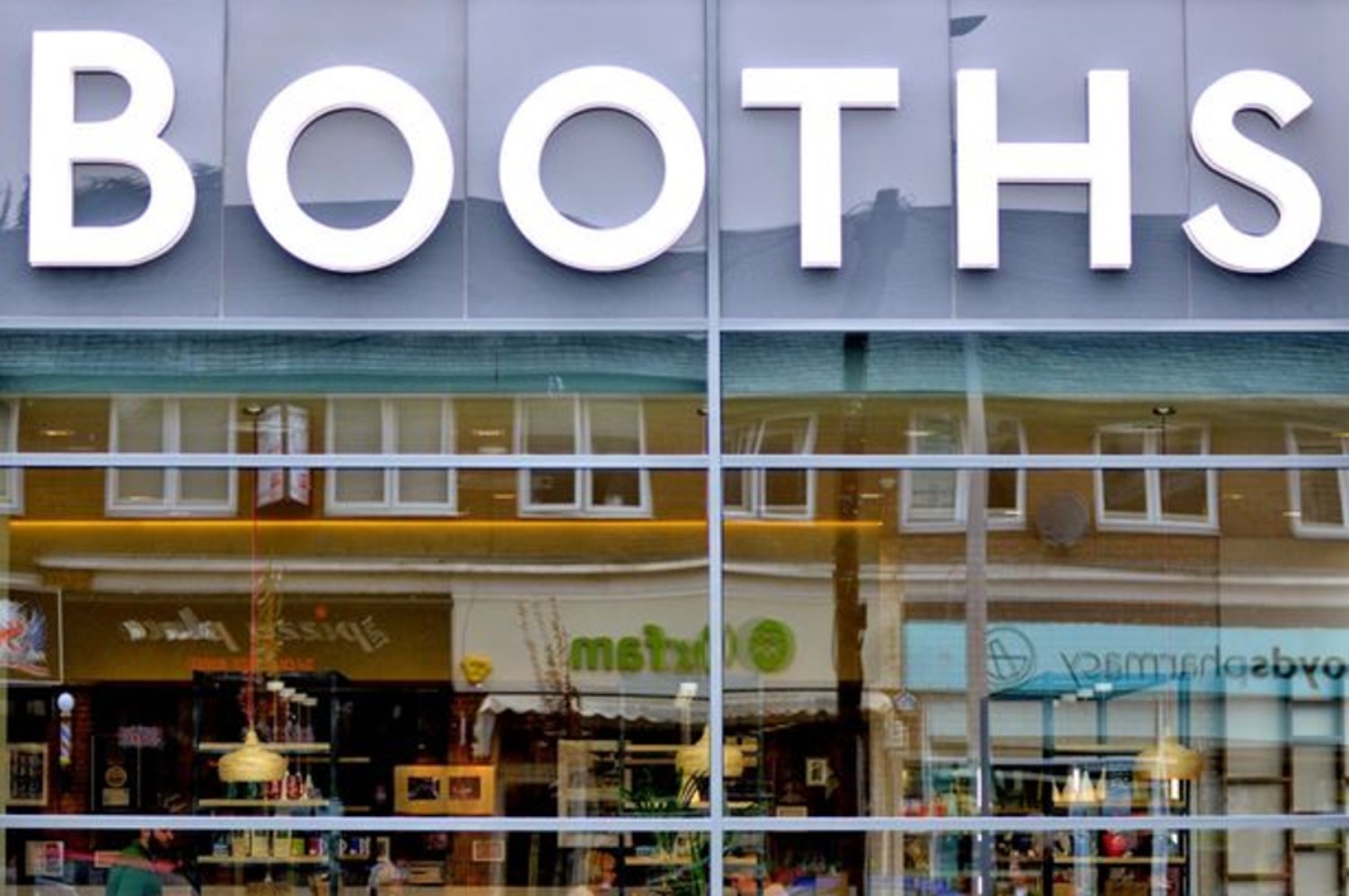
However, not everyone believes that self-checkout kiosks are the future. Stores in Great Britain have begun to reduce the amount of in-store self-serve desks.
Booths, a popular UK supermarket with over 27 stores across the North West of England, has removed most of its self-checkout counters following complaints from customers.
Human Experience Leaves Customers Better Satisfied
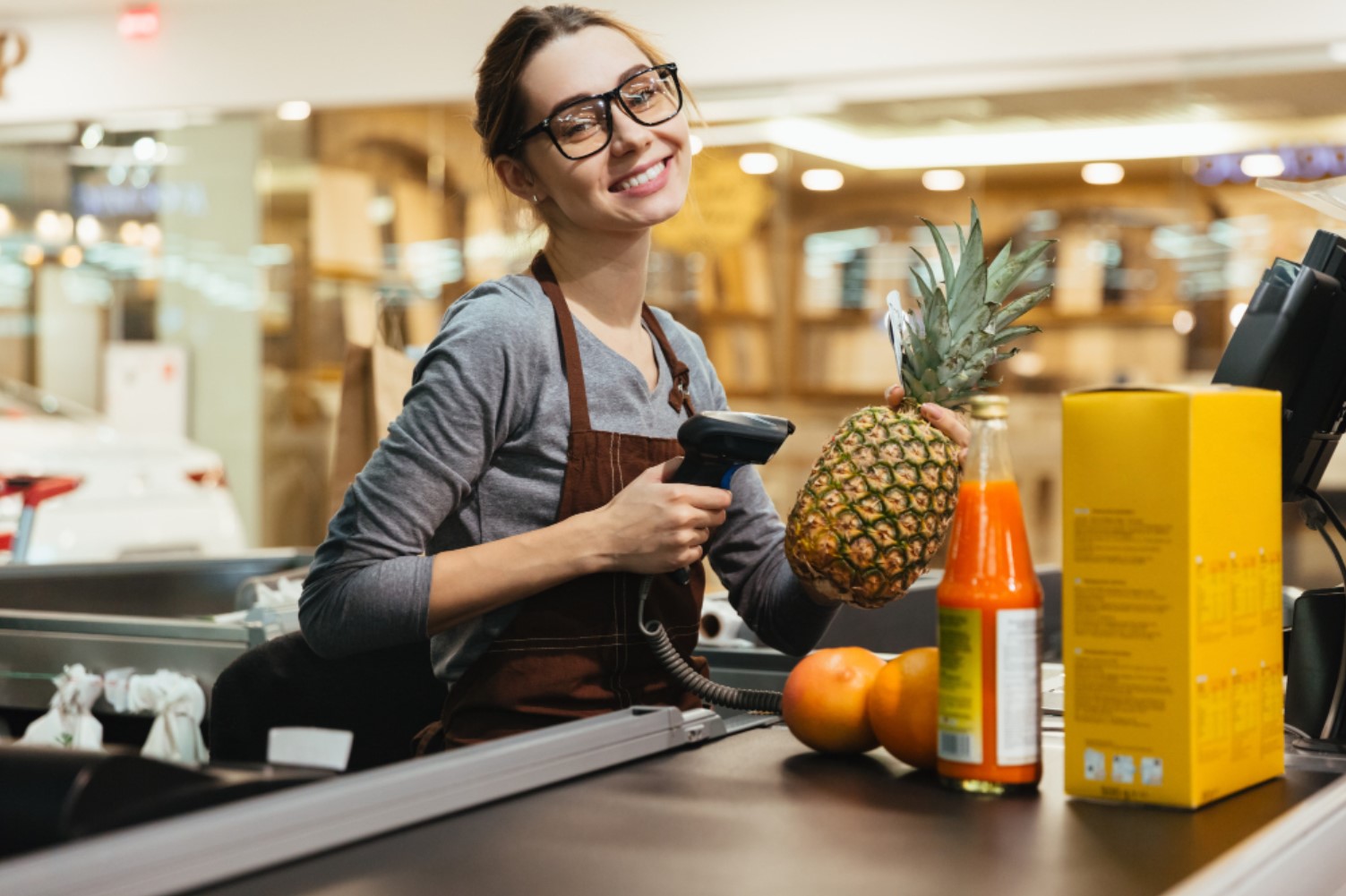
According to the British supermarket chain, the experience offered by the self-checkout kiosks left customers dissatisfied at the end of their shop.
Booths claims the machines offer a sub-par shopping experience when compared to the human alternative.
